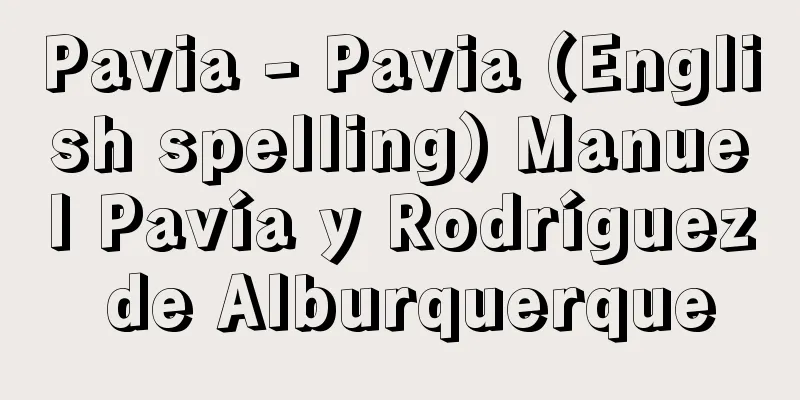Joint ownership

|
A form of joint ownership in which several people jointly own the same thing. In addition to joint ownership, there are also joint ownership and common ownership. Of these, joint ownership is the form closest to sole ownership, in which each person has a share (Article 249 of the Civil Code) and can request division at any time (Article 256, paragraph 1, main text of the same code). In contrast, joint ownership is subject to collective restrictions, since multiple people join together for a common purpose, although each person has a share. As a result, unlike joint ownership, requests for division and the disposal of share rights are limited. In Germanic society, when the head of the family dies, the children inherit the estate jointly without dividing it, and everyone becomes the right holder, so a scholar named Gierke proposed the concept of "joint ownership". In Japan, under the Civil Code, partnership property (Article 668 of the same code) is considered to be "joint ownership", but many academic theories interpret it as "joint ownership". This is because partners cannot dispose of their shares in the partnership property (Article 676, Paragraph 1 of the same law), nor can they request the division of the partnership property before production begins (Article 676, Paragraph 2 of the same law). Some academic theories also hold that the inherited property of co-heirs is also jointly owned, but the Civil Code prescribes this as "joint ownership" (Article 898 of the same law), and since the disposal and division of shares is permitted, case law and academic theory have concluded that there is no need to use the concept of joint ownership. [Masami Nozawa] [Reference item] | | |Source: Shogakukan Encyclopedia Nipponica About Encyclopedia Nipponica Information | Legend |
|
数人の者が同一の物を共同で所有する形態の一つ。共同所有の形態としては、合有のほかに、共有と総有とよばれるものがある。このうち、共有は、単独所有にもっとも近い形態で、各人が持分権を有し(民法249条)、いつでも分割請求できる(同法256条1項本文)。これに対して、合有は、各人が持分権を有するものの、共同の目的のために複数の人が結合しているので、団体的な制約を受ける。その結果、共有とは異なり、分割請求および持分権の処分が制限される。ゲルマン社会では、家長が死ぬと子はその遺産を分割せず共同相続し、全員で権利主体となることから、ギールケGierkeという学者が「合有」という概念を提唱した。日本でも、民法上、組合財産(同法668条)は「共有」とされているが、多くの学説は「合有」であると解している。というのも、組合員は、組合財産の持分を処分することができず(同法676条1項)、また、生産前に組合財産の分割を求めることもできないからである(同法676条2項)。このほか、共同相続人の相続財産も合有であるとする学説もあるが、民法は、これを「共有」であると規定し(同法898条)、持分の処分や分割が認められるため、判例と学説も、合有という概念を用いる必要はないと解している。 [野澤正充] [参照項目] | | |出典 小学館 日本大百科全書(ニッポニカ)日本大百科全書(ニッポニカ)について 情報 | 凡例 |
Recommend
Gesellschaft
…Literally, it means interactions between people,...
yuzurimine
…Young leaves are edible when boiled. The bark an...
Daily employment - Toshihiyatoi
A type of day laborer in the early modern period, ...
Accounts receivable - Sales credit
Generally, the term credit refers to a right that ...
Amarume [town] - Amarume
A former town in Higashitagawa County in the north...
Akamoku - Akamoku
A brown alga, a seaweed of the Sargassaceae famil...
Fish ladder
A fishway . A facility that allows fish to go upst...
Petrology
A science that studies the properties of rocks as...
Ethynylbenzene
…Ethynylbenzene is also known as ethynylbenzene. ...
Demonic Eyes - Demonic Eyes
〘 noun 〙 One of the kumadori makeups in Kabuki. It...
Hofer, A.
…The new foreign minister, Metternich, approached...
Threshing - Dakkoku
The process of removing grains from stalks, branc...
Holotelson tuberculatus (English spelling)
…They cling to other objects with their flattened...
New Hebrides
Official name: Republic of Vanuatu Area: 12,189 k...
La bohème
Puccini's four-act opera, composed to a libret...









